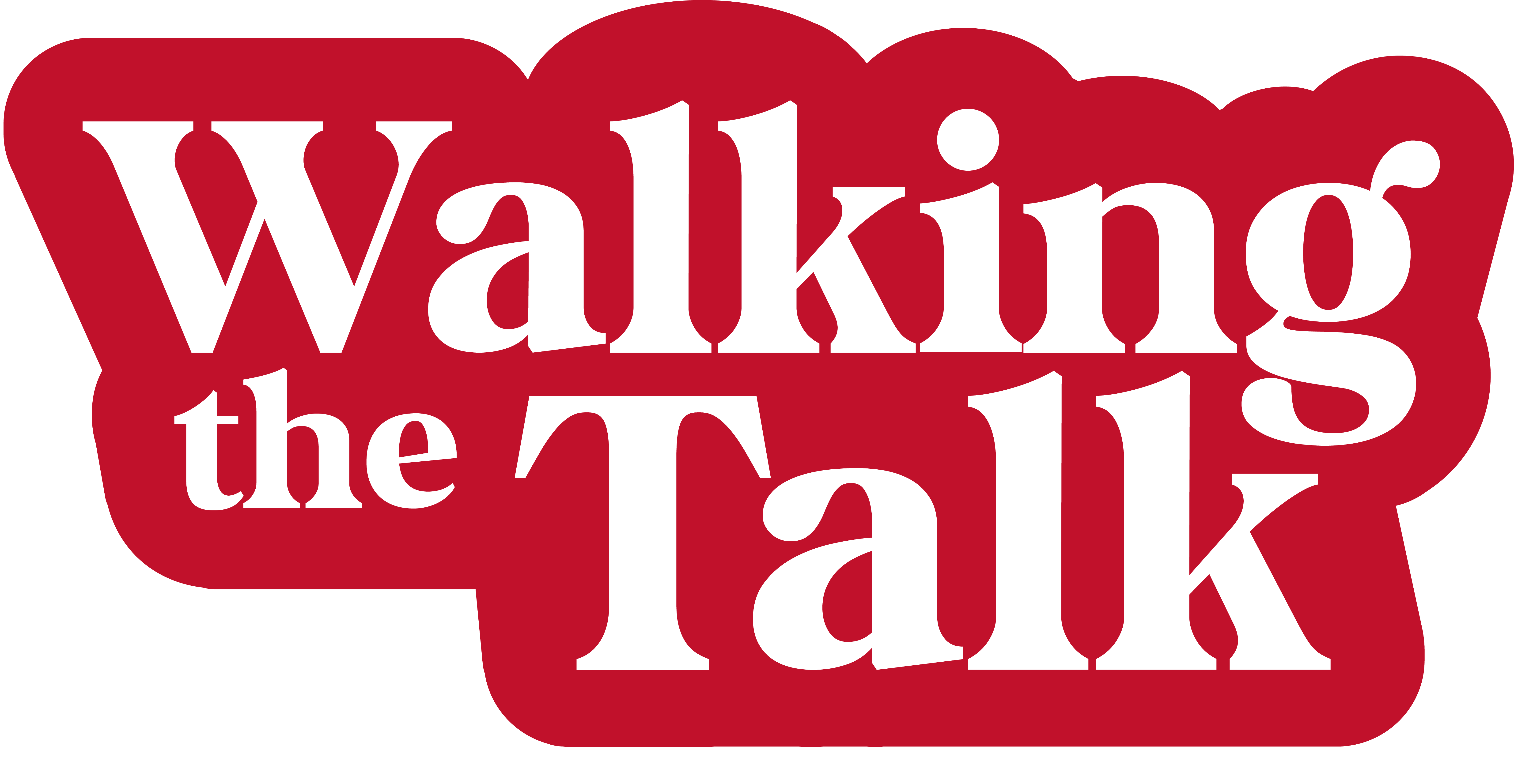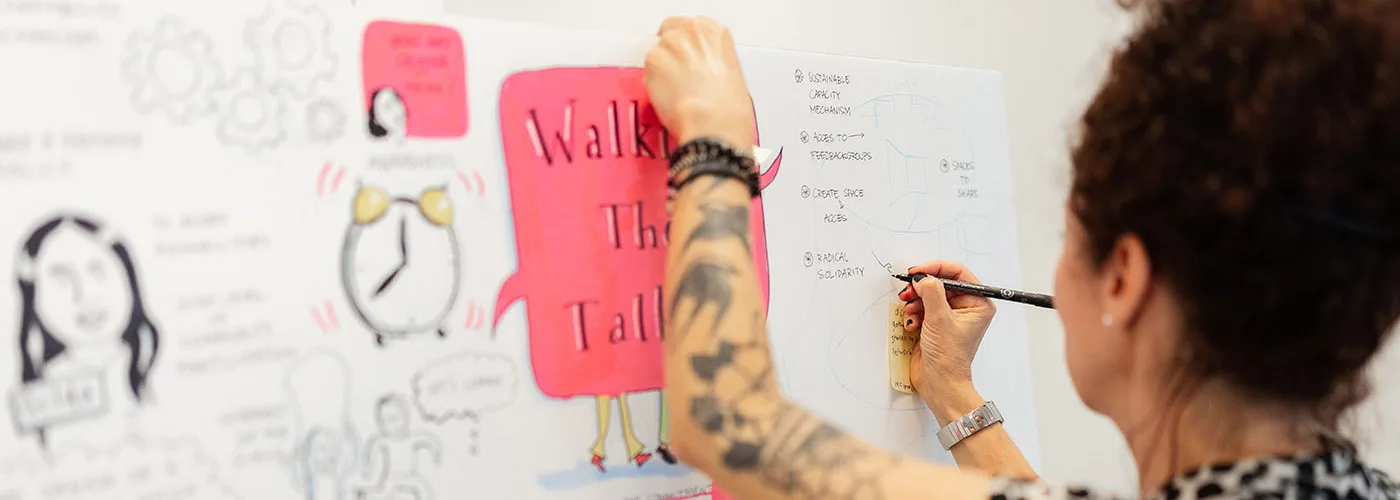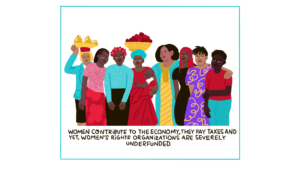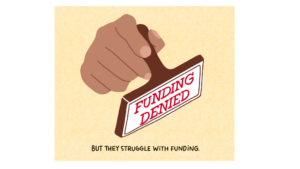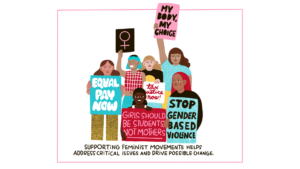Key information
Original title in French: A la recherche de l’argent public
Country: Benin
Researchers: Nadia Elhadji Boueye and Caroline Adissotoun
Advocacy summary
Women’s rights organizations receive only 0.13% of official development assistance (ODA), and only 0.42% of foundation grants are directed towards women’s rights projects (AWID, 2021). This stark disparity between the critical role these organizations play and the financial resources they receive creates a significant bottleneck in progress. The underfunding limits the scope and impact of their work, undermining their capacity to build sustainable infrastructure, develop long-term strategies, and respond effectively to emerging challenges. This scarcity forces many organizations to operate on a project-by-project basis, hindering their ability to establish consistent, systemic change. Furthermore, it perpetuates a cycle of precariousness, where organizations are reliant on short-term grants, making it challenging to attract and retain skilled personnel, invest in crucial research, or engage in sustained advocacy. Investing in feminist movements is not merely a philanthropic gesture; it is a strategic imperative that recognizes their unique understanding of the complex, intersectional barriers women face, and their ability to drive transformative change from the grassroots level. Broad funding of feminist movements would be a powerful means of advancing equality between women and men. By providing consistent and substantial funding, donors can empower these movements to amplify women’s voices, challenge discriminatory norms, and create lasting, equitable societies.
The research was conducted in the 12 departments of Benin, covering 23 municipalities to explore the constraints, opportunities and possibilities for funding feminist organizations from public resources collected at both local and central levels. The lines of research included:
- Are there any mechanisms already in place to fund feminist organizations?
- What are the main obstacles to local funding for feminism?
- What opportunities might communities have for securing local funding for feminist initiatives?
- Could feminist funding be factored into the municipal budget?
Benin has a de-centralized governance structure allowing local authorities to develop budgets. However, funding for women’s rights from local councils has traditionally been low affecting feminist movements and women’s rights organizations. The advocacy call from this paper is for local authorities to deliberately include gender and women’s rights in their budgets.
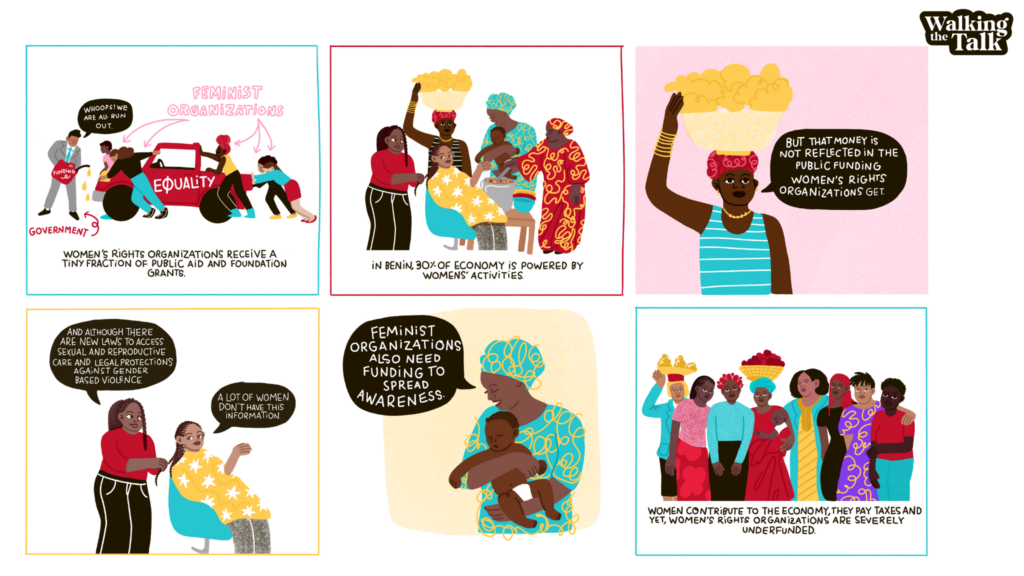
Recommendations
- Women’s organizations: Should participate at the municipal level to ensure visibility and legal recognition by local authorities.
- To municipal and central authorities: Should promote sustainable development through funding women’s organisations’ community actions.
- To technical and financial research partners: Should continue to support the implementation of budgeting mechanisms for women’s organizations in the identified municipalities.
